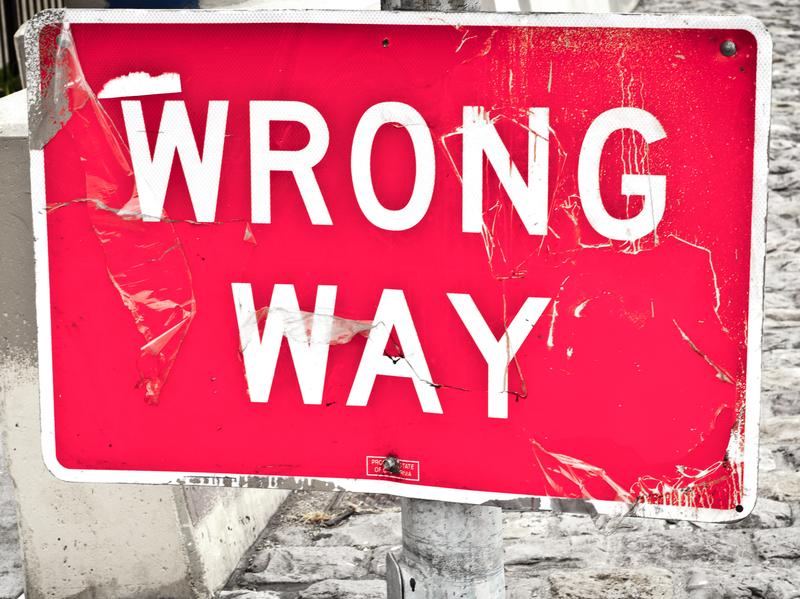
When Matt Levine graduated from law school, he got a job at a fancy corporate law firm. Big office; long hours.
"I remember going to sleep at like, you know 3 or 4 a.m. under my desk, which was not that unusual," says Levine. "But I remember it because it was my birthday."
His firm was representing a small Midwestern chain in this one contract negotiation. Levine's job was to make sure the contract reflected all the tiny details.
After they closed the deal, Levine realized he'd made a mistake. The contract he had written said his clients should be paid $400 million for one part of the deal.
But an email he had overlooked — an email that had been sent during the negotiations — said his clients were supposed to get $425 million. He thought, "Did I just cost my client $25 million?"
He called the client to explain.
"He paused for a minute," Levine says. "And then he just started laughing uproariously. He said, 'Let me call them, I'll fix it.' And that was pretty much it."
Levine had always thought a contract was binding. Now he saw two big companies laugh off his little mistake. The other side agreed to revise the contract to pay the extra $25 million.
The whole experience surprised Levine. "I thought it was a game," he says. "You sort of score points. And they had scored this point through my fault, and they were going to get something for it."
Business may be a game, Levine realized, but it's not a one-time game. It's more like an infinite game. It's a game in which people have to live with each other, work with each other again, and perhaps, write another big contract.
The only time the words in a contract really matter, Levine says, is when things start to get ugly — like when people start suing each other. For example, he says, the casino giant Caesars is currently fighting a suit by bondholders that may turn on the word "and" in a contract. Caesars insists the "and" should be interpreted as an "or."
Levine imagines the contract was written by some 26-year-old kid who was sleeping under his desk and didn't give that "and" a second thought.
Update: There was a typo in the original post -- the word "word" was misspelled as "world." Thank you to the commenters for bringing it to our attention.
9(MDEwODYxNTQyMDEzNjAxODk2Nzc2NzNmYQ001))
